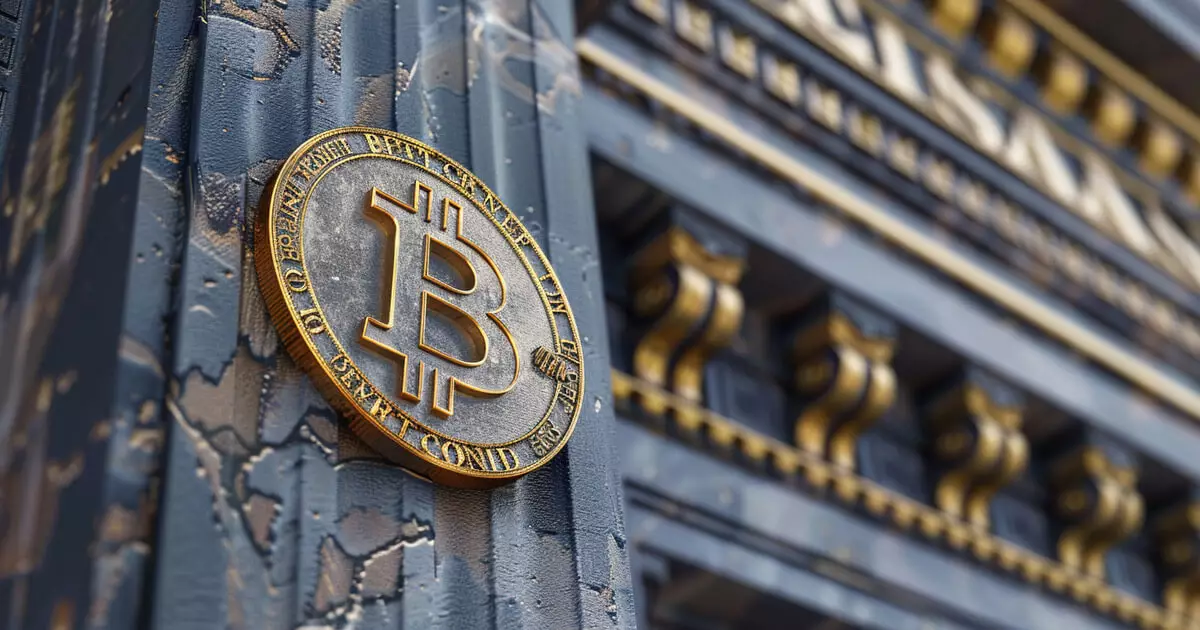In an intriguing twist of events, a recent survey conducted by the Alternative Investment Management Association (AIMA) highlights significant banking challenges faced by hedge funds operating within the crypto sector. According to a report from The Wall Street Journal dated December 20, around 120 out of 160 surveyed hedge funds, constituting approximately 75%, reported facing hurdles when seeking banking services over the past three years. This stark contrast with the lack of similar issues reported by investors in other asset classes underscores the unique position of crypto within the financial landscape.
The types of issues reported range from vague communication problems to the abrupt termination of banking relationships. Alarmingly, over half of the affected crypto hedge funds received explicit notifications from banks indicating that their relationships would be severed. However, the reasons behind these banking decisions were often shrouded in ambiguity, leaving the hedge funds grappling for clarity. When banks did choose to offer explanations, they typically invoked a need to minimize exposure to the crypto industry. This reactive stance raises questions about the broader implications for innovation within the financial ecosystem and the future accessibility of banking services for emerging industries.
The Search for Alternative Banking Solutions
Notably, John D’Agostino of Coinbase remarked that while the affected funds ultimately secured banking partnerships, many turned to smaller or regional banks. This observation sheds light on a troubling trend where larger banking institutions may be distancing themselves from crypto clients, creating a reliance on less established banks that may not offer the same range of services or stability. This fragmentation in banking relationships could create increased hurdles for hedge funds as they navigate regulatory frameworks and operational challenges in the crypto space.
Political Undertones and Regulatory Pressure
The banking struggles emphasized by the AIMA survey are further compounded by allegations surrounding the Biden administration’s purported “Operation Chokepoint 2.0.” Industry insiders claim that this initiative aims to systematically curtail the crypto sector’s growth by obstructing access to the banking system. The response from prominent industry figures, such as Coinbase’s Chief Legal Officer Paul Grewal, points to documented communications from the Federal Deposit Insurance Corporation (FDIC) urging banks to reconsider their involvement with crypto activities. The unearthing of these letters through a Freedom of Information Act (FOIA) request heightens concerns regarding regulatory overreach and its potential chilling effect on innovation within the crypto industry.
The assertions made by figures like Custodia Bank’s Caitlin Long and WSPN’s Austin Campbell highlight a growing unease within the crypto community regarding systemic efforts to dampen the industry’s momentum. The implications of this suppression are profound, potentially stifling not only growth in the crypto hedge fund sector but also broader advancements in digital finance. As banks and financial authorities tread carefully through these turbulent waters, the evolving relationship between cryptocurrencies and traditional banking will be a crucial area to watch, particularly as the global economy continues to adapt to rapid technological changes.
The unfolding narrative surrounding crypto hedge funds and banking challenges thus encapsulates a complex interplay of financial strategy, regulatory influence, and the persistent quest for innovation amidst adversity.


Leave a Reply